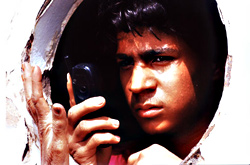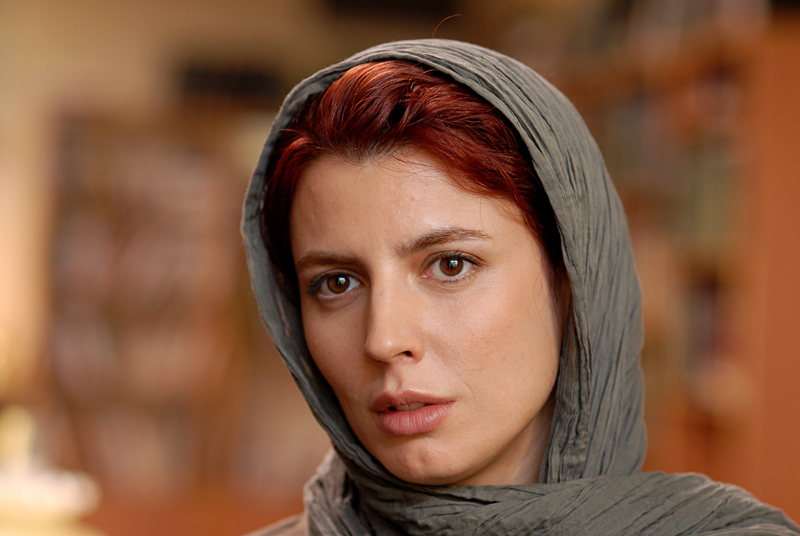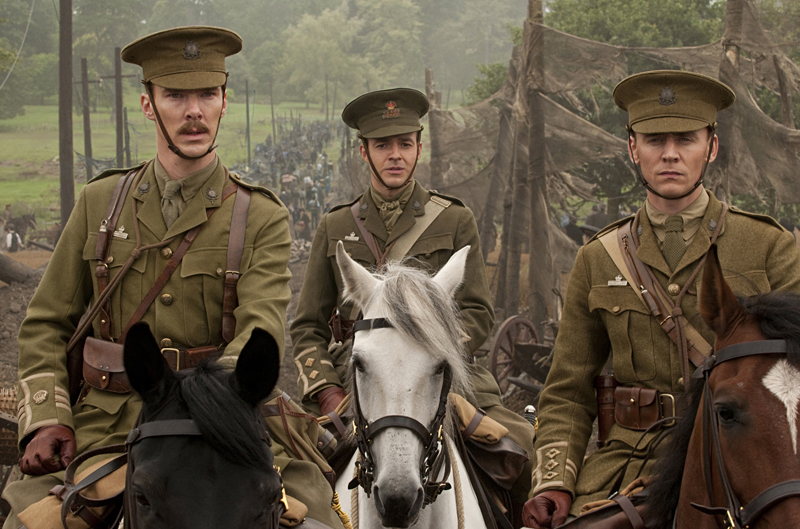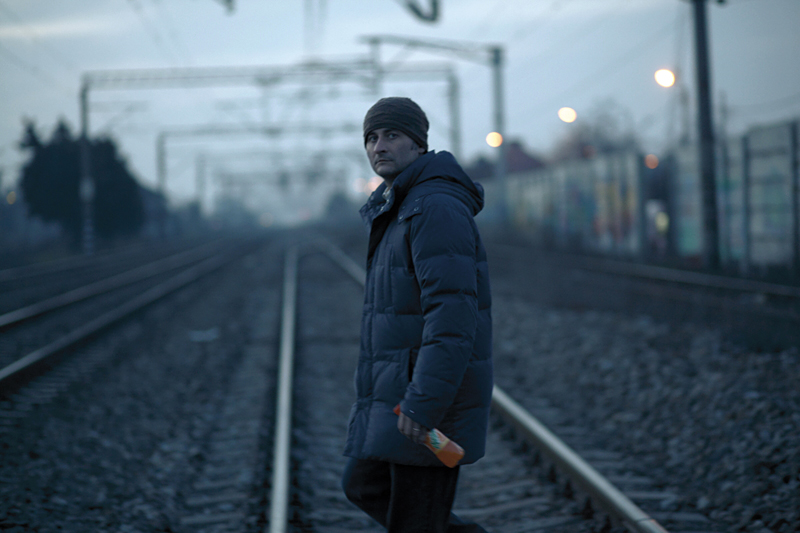Iron Island opens (like many Iranian features) by invoking “the name of God,” then provides an image that could be said to say: Let there be light. The second feature by 33-year-old Mohammad Rasoulof is an obvious allegory. But it’s an unusually vivid, even visceral one for being set almost entirely on an abandoned oil tanker—a corroded planet adrift in the azure cosmos of the Persian Gulf.
The ark is a floating neighborhood populated by an assortment of cute kids, busybody octogenarians, and women masked in stylized burkas. Giving advice, delivering orders, making matches, working his cell phone, setting cultural policy, and dispensing God’s justice, Capt. Nemat (Ali Nasirian) is the father of his “tenants.” As his name echoes Jules Verne’s Capt. Nemo, he variously assumes the more primally patriarchal roles of Abraham, Noah, and Moses.
There’s a timeless, elemental quality to the situation, but Nemat’s reign is not without incident. The densely packed boat is thrown into a tumult by a bit of unsanctioned boy-girl infatuation. A woman dies in childbirth. Some young people smuggle a TV on board. Nemat confiscates it and tosses it over the side. Then the threat of forced evacuation prompts the captain to pull up anchor. His boat is on the ocean—and, as he is loath to admit, taking on water.
Rife as it seems with political points, Rasoulof’s fable might almost be a kid’s film were it not for a disturbing sequence in which the kindly old captain turns abruptly cruel and tortures a teenage runaway by repeatedly dunking him in the drink. It’s an object lesson for his people: “If I let him go, there’ll be chaos on this ship.” Soon after, the ark makes for land, where Nemat secures everyone’s power of attorney and, promising a beautiful new town, sends them wandering through the desert.
Part Pentateuch, part Animal Farm, Iron Island is closer to Makhmalbaf faux naïveté than Kiarostami modernism. Depending on one’s mood, the movie might seem boldly simplified and poetic—or boringly simpleminded and prosaic. Either way, Iron Island poses the question that was always asked of movies produced behind the Iron Curtain and later in China: How was it shown at home, and what does it mean there?








